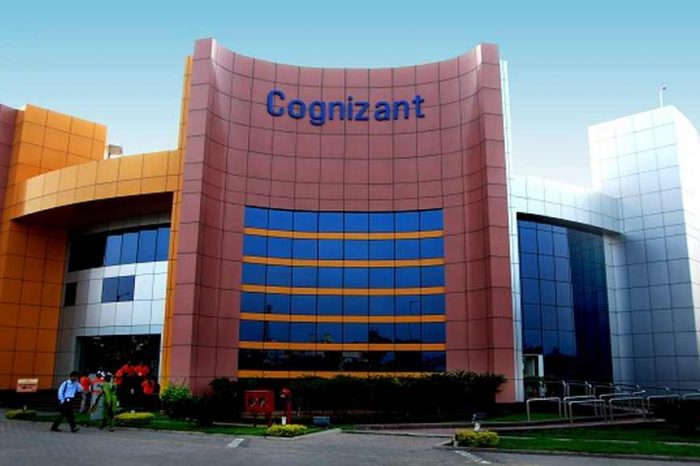London-based InsurTech startup Marshmallow raised $85M in funding at a $1.25 billion valuation, making it the second Black-owned startup in the U.K. to reach “unicorn” status

Over the past four years, we’ve been keeping track of the global top 500 unicorn startups with a valuation of $1 billion or more. Predictably, the United States accounts for more than half the valuation of all the global unicorns combined with a valuation of $1.194 trillion.
The U.K. is in fifth place at a total valuation of $91 billion. At the time, there was only one black-owned unicorn startup. Now, one London-based digital insurance startup has joined the highly coveted U.K.’s unicorn club.
Today, London-based InsurTech startup Marshmallow announced it has raised $85 million in Series B funding at a $1.25 billion valuation, making it the second Black-owned startup in Britain to reach “unicorn” status. The round was backed by existing investors Passion Capital, South Africa’s Investec Bank, and French reinsurer SCOR.
Marshmallow, which is authorized by the U.K.’s Financial Conduct Authority, said it plans to use the funding proceeds to expand into foreign markets and develop a variety of insurance solutions other than motor insurance. With more than 100,000 customers now signed up, Marshmallow plans to launch other products and expand throughout Europe.
Founded in 2017 by mixed-race identical twins Oliver and Alexander Kent-Braham, Marshmallow is an insurtech startup that leverages machine learning to offer bespoke insurance solutions to its customers. It underwrites its own insurance. It also tailors policies for customers as a key advantage over incumbents in the industry like Admiral and Axa.
Being one of the only EU-based insurtechs to own their own insurance company – they have total control of the entire value chain, from sign-up and pricing through to claims affording them the unrivaled ability to deliver an exceptional customer experience. Operating in an archaic industry worth trillions of dollars, Marshmallow started out by doing car insurance in the UK but will offer multiple insurance products in multiple geographies – all driven by technology.
“We try to use more data than our competitors to underwrite people and then to digitize everything,” Kent-Braham told CNBC. “We need to hire about half what our competitors need to hire to support customers. We believe we’re really well-placed to take market share.”




